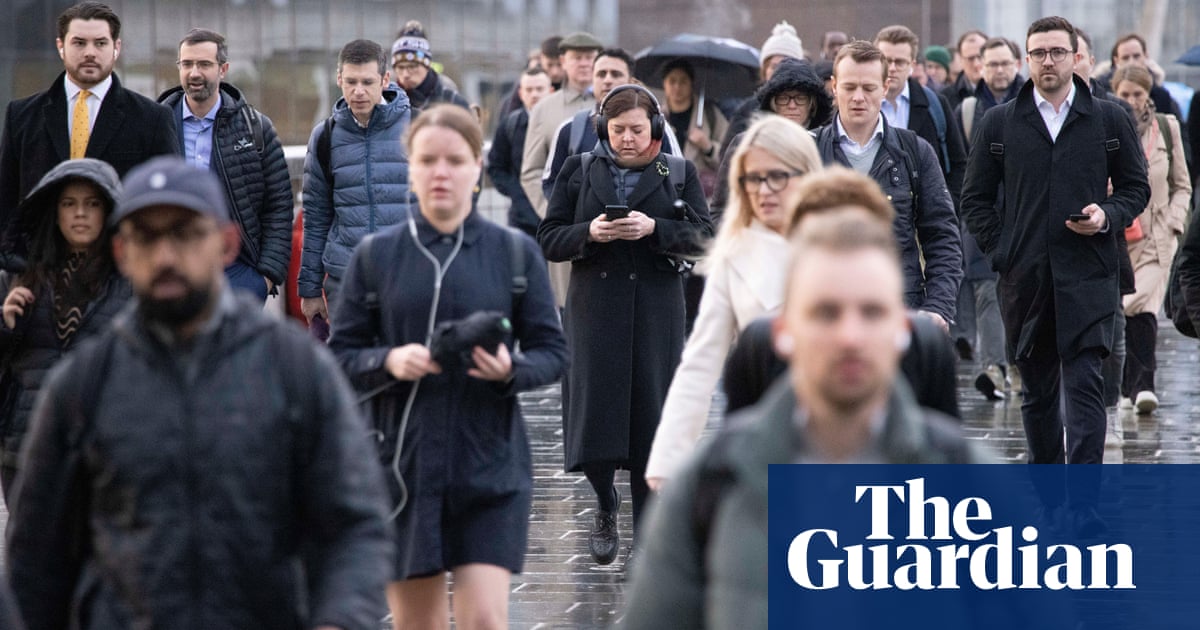
The UK’s biggest business lobby group has called on the government to relax post-Brexit immigration rules to help companies struggling with staff shortages to hire more workers from overseas.
The Confederation of British Industry (CBI) said the government needed to immediately update its “shortage occupations list” to include several areas where employers are finding it difficult to recruit staff, including butchers, bricklayers and welders.
Warning that there was a “perfect storm” of staff shortages as Covid-19 restrictions are gradually removed, it said failure to take action would put the UK’s economic recovery from the pandemic at risk.
The country’s foremost business lobby group, which speaks on behalf of 190,000 firms of all sizes and sectors, said employers needed to take greater responsibility to address labour shortages by investing in the skills of the domestic workforce, and by taking a chance on jobseekers who might otherwise be overlooked.
However, it said the government urgently needed to look again at its post-Brexit immigration policy to prevent chronic skills shortages from undermining the UK’s economic recovery from Covid-19.
Pressure is mounting on hauliers, hospitality venues and the food and drink industry in particular, with companies scrambling to hire staff as pandemic restrictions are relaxed and demand for goods and services returns. Logistics organisations have warned that chilled food will struggle to reach some shops this summer because of a lack of drivers and production workers.
The CBI said ministers needed to act on advice from the government’s migration advisory committee published in September, which recommended that certain roles – including butchers, bricklayers and welders – be added to the UK’s shortage occupation list.
The list is an official record of skilled occupations where there are not enough resident workers to fill vacancies. Under the government’s post-Brexit points-based immigration system, visa applicants in these roles get 20 additional points towards the 70-point minimum required to work in the UK.
The pressure on businesses to find staff comes after as many as 1.3 million non-UK workers were estimated to have left the UK since late 2019, as many returned to their country of birth to see out the pandemic at home.
Economists believe that Covid travel controls, new Brexit immigration rules, continuing pandemic risks and people reassessing their job priorities are contributing to labour shortages.
Some politicians think the government’s furlough scheme is having an impact, with almost 2 million workers still temporarily away from their jobs and receiving wage top-ups from the state. However, others say firms could raise the wages they offer to lure new recruits.
Karan Bilimoria, the president of the CBI, said the immigration system needed to be updated to reflect the labour shortages. “Where there are clear, evidenced labour shortages, businesses should be able to hire from overseas. An evolving shortage occupations list could help.
“But it’s really important to stress: workers from overseas aren’t, and shouldn’t be, our only response to labour shortages. Investing in skills here, too, is vital. It’s not an either/or choice. We must do both to ensure our firms have the access to people they need to succeed.”
A government spokesperson said: “Employers should invest in our domestic workforce instead of relying on labour from abroad.
“We’ve implemented an unprecedented package of measures to support businesses during the pandemic and our Plan for Jobs is helping people across the country retrain, build new skills and get back into work. We’re also working with industries to better promote jobs, training and a range of other initiatives.
“The government carefully considered the migration advisory committee’s findings and recommendations on the shortage occupation list, but decided not to make wide-scale changes while we monitor the new skilled worker route and assess how the UK labour market develops and recovers post-pandemic.”












